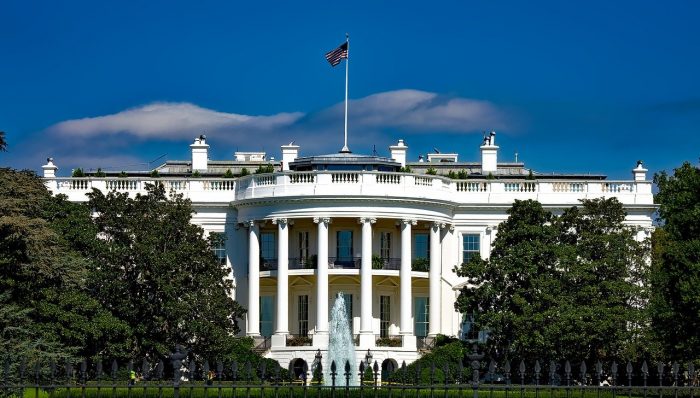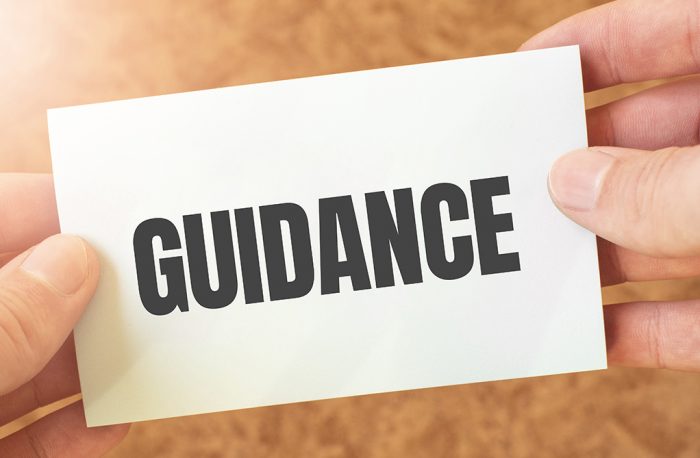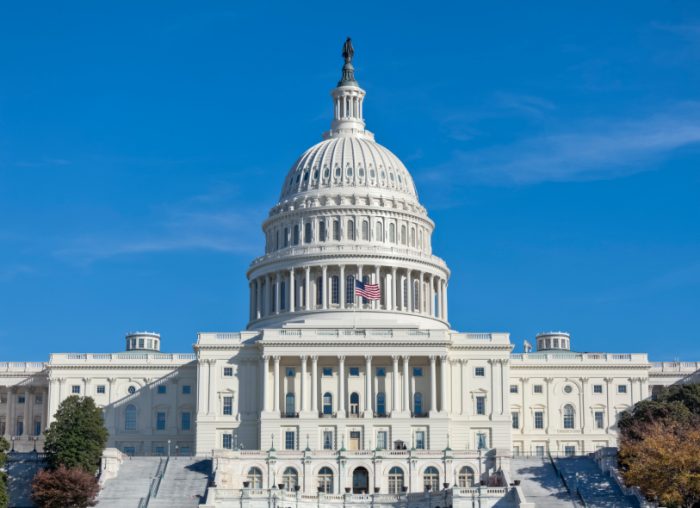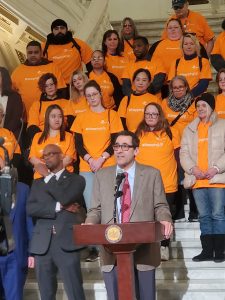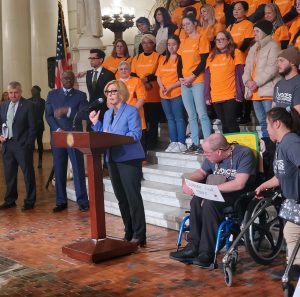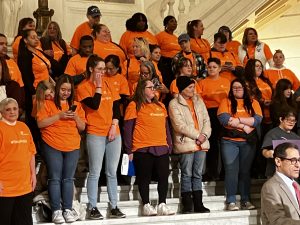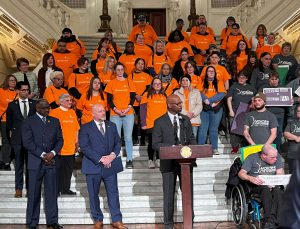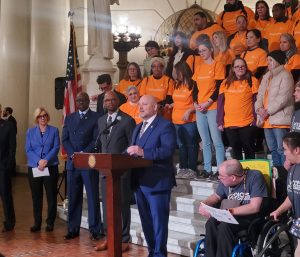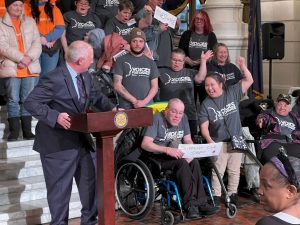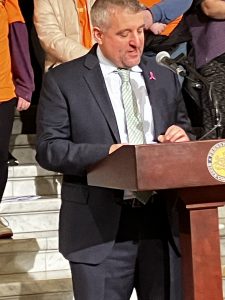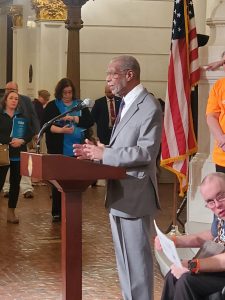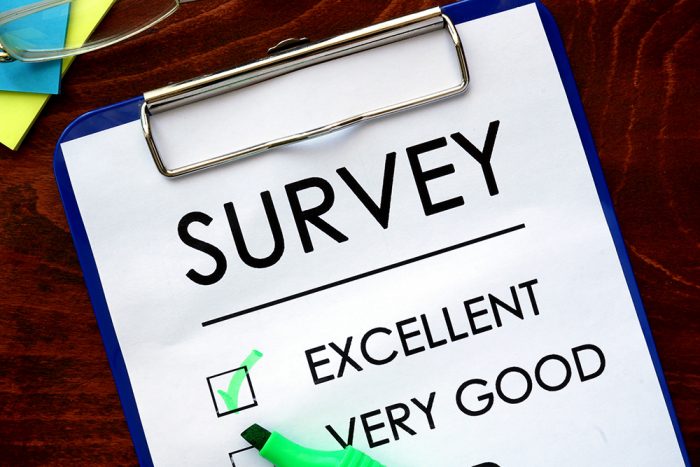The Pennsylvania Department of Drug and Alcohol Programs (DDAP) announced the availability of $6.5 million in funding to expand drop-in center services for individuals with substance use disorders (SUD) across Pennsylvania.
Drop-in centers provide a safe, judgment-free place for people to receive daily essentials, engage with staff to learn about the possibility of recovery and treatment options, and, when ready, get connected to those services. They also provide harm reduction and recovery support services.
Eligible applicants, including existing community organizations, single county authorities, and DDAP-licensed treatment providers, can find the grant application online. Approximately eight grants of up to $750,000 will be awarded.
Some examples of services provided by drop-in centers include but are not limited to:
- Harm-reduction for substance use by incorporating overdose prevention and legally permissible harm reduction efforts into existing services;
- Addressing social determinants of health through the provision of daily essentials;
- Access to care and case management systems;
- Access to free healthcare including wound care, Hepatitis C/HIV testing, reproductive healthcare, and dental care;
- Referrals to SUD level of care assessments, treatment, including medication for opioid use disorder, behavior health resources, case management services, benefits services, and legal services;
- Survival resources such as shelter and warmth or cooling;
- Public restrooms, shower, and laundry facilities;
- Clothing and hygiene product distribution;
- Mail services;
- Professionally facilitated support groups which offer education, emotional and social support, practical help, and more; and
- Advocacy and other supportive services required to navigate complex issues impacting special populations.
DDAP is placing a focus on health equity as a part of this grant opportunity. Applicants must include a description of their current engagement with diverse populations, including communities of color, LGBTQ+ individuals, persons with disabilities, and those residing in rural and urban settings, and provide detailed information about how the project will engage and provide access to these diverse populations.
All applications must be submitted electronically by 12:00 pm on Friday, April 12, 2024. Applications will be competitively reviewed and scored based upon the applicant’s adherence to the funding announcement guidelines and a timely submission to DDAP.
Funding for these grants is provided from the opioid settlement funding that was appropriated to DDAP by the General Assembly for the 2023/24 fiscal year.
Questions regarding the grants and the application process should be forwarded via email.
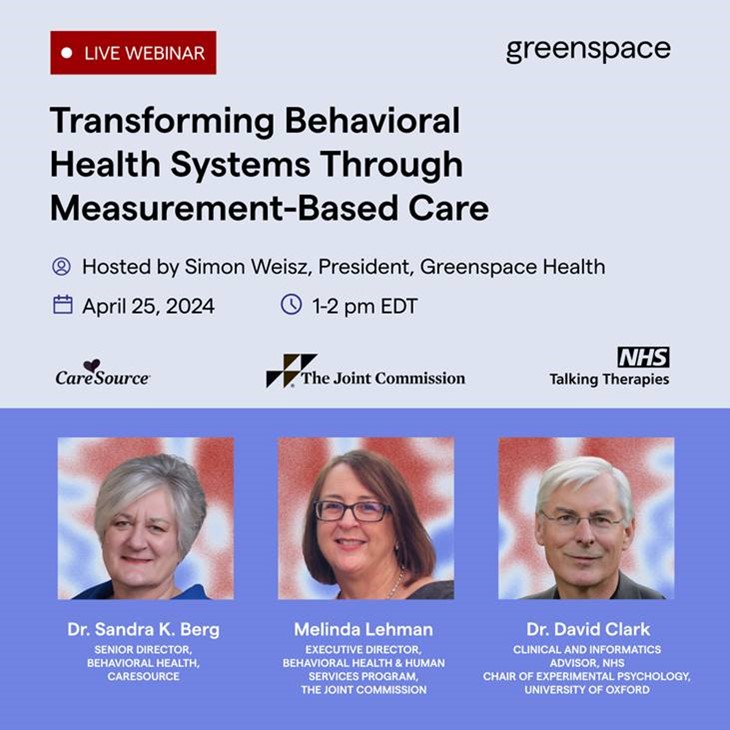 Transforming Behavioral Health Systems Through Measurement-Based Care
Transforming Behavioral Health Systems Through Measurement-Based Care








